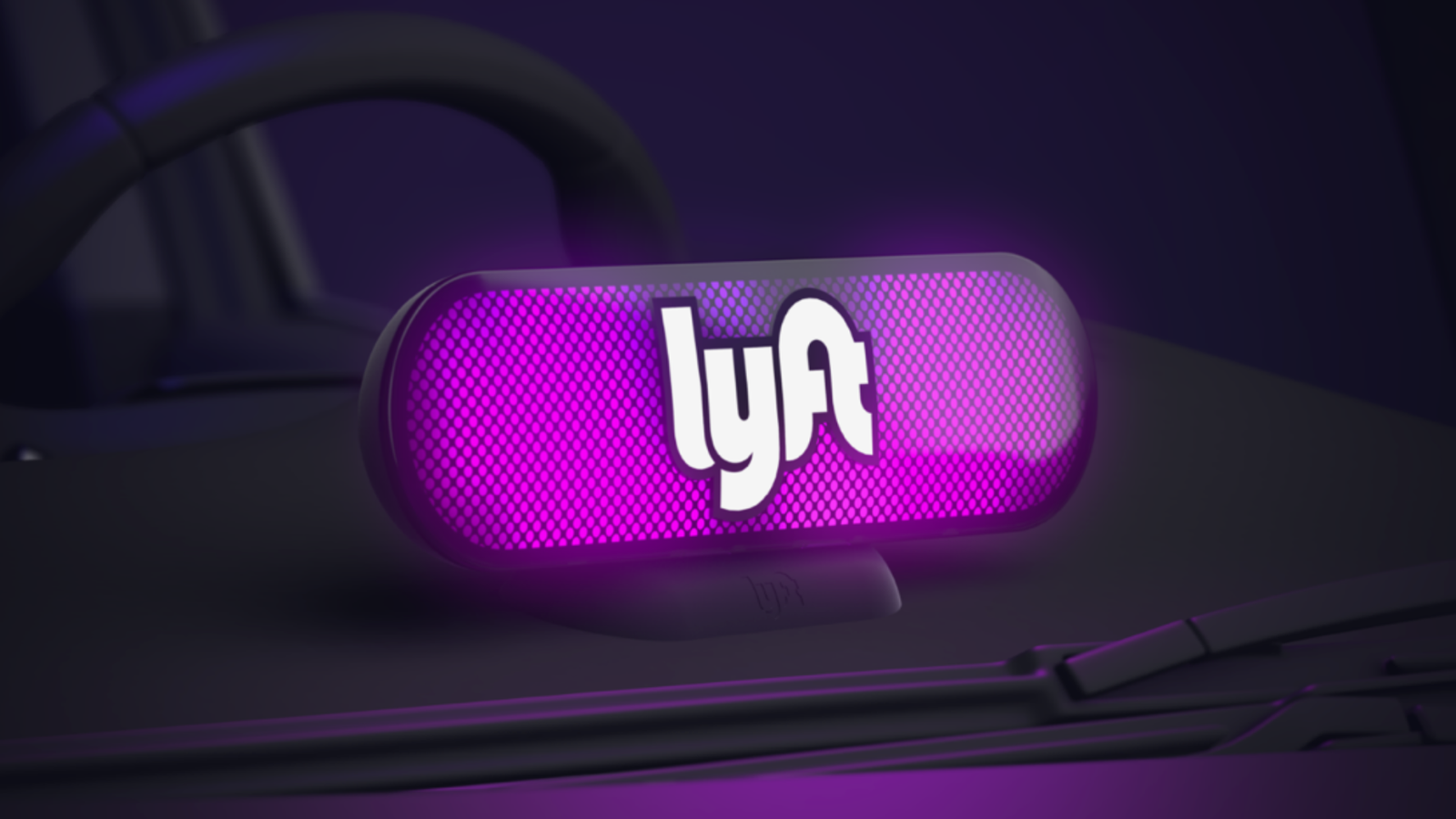Imagine you’re out with friends and you open a ride-sharing app to get to your next spot. You chat with them on the way, knowing that your privacy isn’t exactly sacrosanct in a stranger’s car, but still comfortable enough to talk. After you get there, someone sends you a text message with a transcript of your entire conversation during the ride.
Anvi Ahuja, a Lyft user in Toronto, doesn’t have to imagine. The Canadian Broadcasting Corporation reports that’s exactly what happened to her. When she called the number that had texted her the transcript, she got a generic “not available” recording allegedly from the Lyft service.
Ahuja was, understandably, upset. After calling Lyft later that night, she was told that the company was piloting a program that recorded and transcribed conversations into a centralized database. But Lyft later adjusted its messaging, telling her in a follow-up message that it was the driver who specifically recorded her—without consent—and said that it was taking “proper actions” to rectify the situation.
The shocking revelation here is not that a customer was recorded. (Indeed, I can’t remember the last time I hopped into a ride-share or taxi without a dashcam that also had a camera pointed towards the car’s interior.) While a single vehicle feels more private and intimate than a normal public place, the fact is, the driver is part of a business and it makes sense to record stuff purely for the sake of safety.
But the transcription of words, especially if it appears to be coming from a centralized service somewhere within Lyft itself, is more concerning. “These ride-sharing apps are big companies and people have a lot of sensitive conversations within cabs and they feel like they’re secure,” Ahuja told the CBC. Lyft has confirmed to both the customer and the CBC that it is running a pilot program that records and transcribes conversations inside drivers’ vehicles, but claims that those transcriptions are only “supposed to be sent to the ride-sharing company for reference if a security issue is reported.”
According to Lyft, the system is based on the app Lyft drivers use while on the job. A Lyft representative claims that Ahuja’s experience is not related to that program, which is only running in select US markets with opt-in protocols for drivers. Exactly how the driver, or anyone else, contacted Ahuja with the transcription isn’t clear. Lyft drivers are able to communicate with customers via the app, but aren’t supposed to have access to the customer’s phone number, nor are customers supposed to have the numbers of their drivers.
“We can confirm that the communication was sent via a masked number, and the driver did not have access to the rider’s personal phone number,” Lyft told the CBC. The company said it is investigating. How the person got Ahuja’s number, got the transcript of her conversation, and called with an allegedly Lyft-associated number according to the recording Ahuja heard when she called back? None of that is known.
In Canada, recording business patrons must be disclosed along with the purpose of those recordings, even in a nominally public place. It’s typically achieved with some kind of signage. Ahuja claims this did not happen. Lyft’s Canadian recording policy directs drivers to follow local regulations and says that Lyft “doesn’t have direct access to the cameras, but we will know that you have a camera in the vehicle once you complete the registration.”
This articles is written by : Nermeen Nabil Khear Abdelmalak
All rights reserved to : USAGOLDMIES . www.usagoldmines.com
You can Enjoy surfing our website categories and read more content in many fields you may like .
Why USAGoldMines ?
USAGoldMines is a comprehensive website offering the latest in financial, crypto, and technical news. With specialized sections for each category, it provides readers with up-to-date market insights, investment trends, and technological advancements, making it a valuable resource for investors and enthusiasts in the fast-paced financial world.
